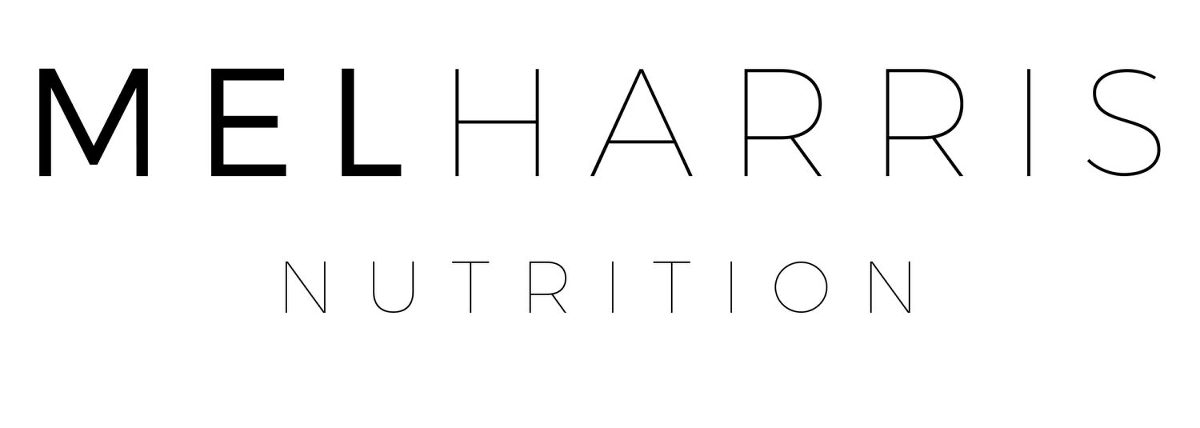
Let’s start at the top
Should I be taking a daily supplement? (If so, what kind?) Do you take a daily multivitamin? Or a mix of vitamins and supplements guaranteed (guaranteed!) to make you feel better? (Brighter, stronger, fuller, faster!)
I know at least a few of you feel me on this, because every year, we spend $21 Billion (that’s with a B!) on vitamin, mineral and herbal supplements in the U.S. The list of promised results can go on and on, but here’s what I want you to know: Supplementing your diet means harmonizing your diet.
Ok Mel, but what does that mean?
It means before you add supplements to your routine, try to have your diet to naturally meet nutrient needs. Increasing whole, unprocessed foods is the best thing you can do to nourish your body with everything it needs to thrive. A pill cannot replace the benefits of a nutritious, healthy diet.
What are supplements?
Dietary supplement products are intended to do just that – supplement your diet by adding in one or more dietary ingredients, such as vitamins, minerals, herbs or other botanicals, and/or amino acids.
You might have full confidence in supplements available on the market (online, over the counter, or prescribed). Like any type of drug, there can be risks. The Centers for Disease Control and Prevention (CDC) estimates ~23,000 annual emergency room visits from supplements. Consumer reports of negative effects have also been on the rise (the number of supplements on the market also continues to increase). These factors make it difficult to make an informed decision on what might be right for you.
Most supplements on the market are safe for the average healthy adult. Many have also been proven to help fill gaps in a nutrient-deficient diet (but then again, you first should try to add those nutrients into your diet!).
The challenge for most of us hard working women and moms is, How do you know what products are effective and safe when perusing the supplement aisle?
How are supplements regulated?
All supplement makers are expected to follow federal “Good Manufacturing Practices.” These standards cover everything from production to labeling, packing and storage. The standards can vary (some minimal/basic, some above and beyond). There are also industry quality certification programs a supplement maker can add as a “seal of approval.” Those programs ensure the product is correctly labeled with proper ingredients, and free from any contaminants.
So…do you need to be taking a daily supplement?
To answer this question, you need to consider you: Your body and your health status. Here are a few of the top factors you might (or might not) need one:
- Age. As we grow older, our body produces less stomach acid. The decrease actually makes is harder for our body to absorb certain nutrients. For example, many adults over 50 have a Vitamin B deficiency. B-complex supplements have been shown to increase energy and cellular health.
- Medications. Certain medications you make take daily can interfere with nutrient absorption – think diabetes and cholesterol medication, or birth control. On the flip side, supplements can also interfere with medications you may be taking.
- Preexisting health conditions. If you have ever been diagnosed with cancer, Crohn’s disease, diabetes (and others), you may require supplements to make up for missing nutrients. Being pregnant or breastfeeding can also change your nutrient needs.
- Lifestyle factors. What are you eating, and when? Where do you live, work and play? How does your environment and lifestyle impact your diet and nutrition?
Each of these four things – as well as other factors (like genetics, gender, and more) play a role in the nutrients you may be lacking. Talking to your doctor and/or a registered dietician can help you analyze existing deficiencies. Together, you can come up with plan(s) to address them. Are supplements the answer? Maybe. But maybe not. Adding or subtracting certain foods (or food groups) could be the answer, or maybe a combination of things will be the right mix to guide your body to feeling better.
Supplementing through your diet.
When you source your body’s nutrients through foods, research shows you reduce your risk for death — supplements cannot do this for you. (Check out this study published in the Annals of Internal Medicine.) Here’s what you can do right now, today, to increase your vitamin and mineral intake. It’s called your dinner plate!
A wide range of foods help meet your daily nutrient needs – and provide extras like increased dietary fiber and antioxidants to keep you healthier. Here are the top nutrient deficiencies with foods that can help you increase your intake naturally:
Iron
Iron deficiency impacts 25% of people worldwide (and 47% of preschoolers!). The most common symptom is anemia, which makes you tired and weak.
Foods to include: Red meat (including organ meat), shellfish, canned sardines, kidney beans, seeds, and dark leafy greens.
Iodine
Iodine deficiency impacts one-third of the population, and results in an enlarged thyroid. It can cause increased heart rate, shortness of breath, and weight gain.
Foods to include: Eggs, dairy, fish and seaweed (enjoy some sushi!). Also be sure your kitchen salt contains iodine (sea salt naturally doesn’t).
Vitamin D
Vitamin D is one we all run low on in the wintertime. The deficiency is often subtle, taking years to show up. Symptoms include muscle weakness, bone loss, and growth delays in children.
Foods to include: Fatty fish (salmon) and egg yolks, or a spoonful of cod liver oil gives you a daily intake.
Vitamin B12
Vitamin B12 is a nutrient your body doesn’t naturally produce. Be sure you’re getting enough in your diet, or through supplementation if needed.
Foods to include: Meat (including organ meat), fish (salmon), shellfish, poultry, eggs, and dairy products.
Calcium
Avoid osteoporosis as you age by increasing your intake. Only 20% (or less) of Americans get the recommended intake.
Foods to include: Dairy, dark leafy greens, and canned sardines.
Vitamin A
Without it, everything from skin to vision, bones and teeth suffer. Most of us already get enough, but it’s important to ensure your diet is varied to provide this nutrient.
Foods to include: Dark leafy greens, organ meat, orange veggies and fruits (sweet potatoes, butternut squash, cantaloupe, mango, etc.) and fish liver oil.
Magnesium
Half of us don’t get enough, and it can lead to several health conditions as we age. Symptoms include muscle cramps, restless leg syndrome, fatigue, migraines, and abnormal heart rhythm.
Foods to include: Spinach, nuts and seeds, lima beans, tuna, avocado, banana and yogurt.
Here are a few additional examples of ways to increase some other nutrients your body needs to keep it running strong
Vitamin E – Nuts and seeds, vegetable oils, green leafy veggies and fortified cereals. (So go ahead, pour a bowl for you and the kids, and feel okay about cereal for dinner now and then!).
Vitamin K – Leafy greens, broccoli, Brussel sprouts, cabbage, cucumbers, asparagus, okra, green beans, kiwi and lettuce.
Folate/folic acid – Orange juice, spinach, romaine, broccoli, peanuts, avocado, enriched grains and (again) fortified cereals.
Vitamin B6 – Baked potatoes, bananas, meat and seafood, whole grains, nuts, beans, and (you guessed it) fortified cereals.
A diet that includes a wide range of foods will help you feel better every day. Added benefits include lowered cholesterol and lowered risk of heart disease — all while giving you the energy and fullness you crave!
Resources:
Federal Dietary Supplement Health and Education Act (DSHEA). Resource: https://www.todaysdietitian.com/newarchives/0218p16.shtml.
US Government Accountability Office. Dietary supplements: FDA may have opportunities to expand its use of reported health problems to oversee products. https://www.gao.gov/products/GAO-13-244. Published 3/18/13.
Healthline. Do Vitamins Do Any Good? https://www.healthline.com/nutrition/do-vitamins-do-any-good#1. Accessed 6/18/19.
Healthline. 7 Common Nutrient Deficiencies. 1. https://www.healthline.com/nutrition/7-common-nutrient-deficiencies. Accessed 6/18/19.
Academy of Nutrition and Dietetics. Supplements and Safety. https://www.eatright.org/food/vitamins-and-supplements/dietary-supplements/supplements-and-safety. Accessed 6/18/19.














